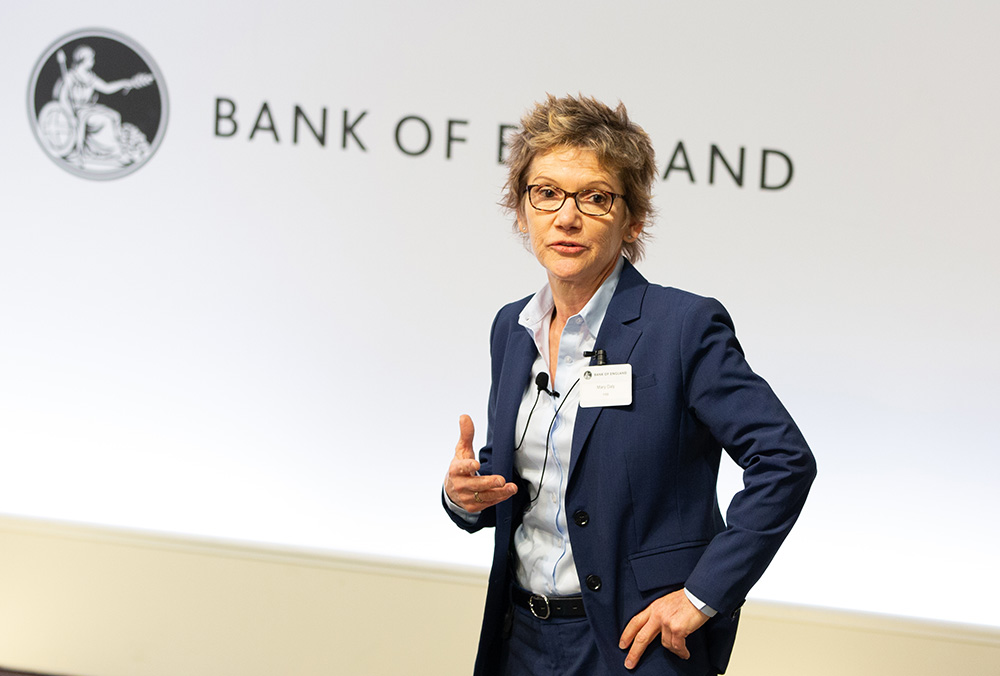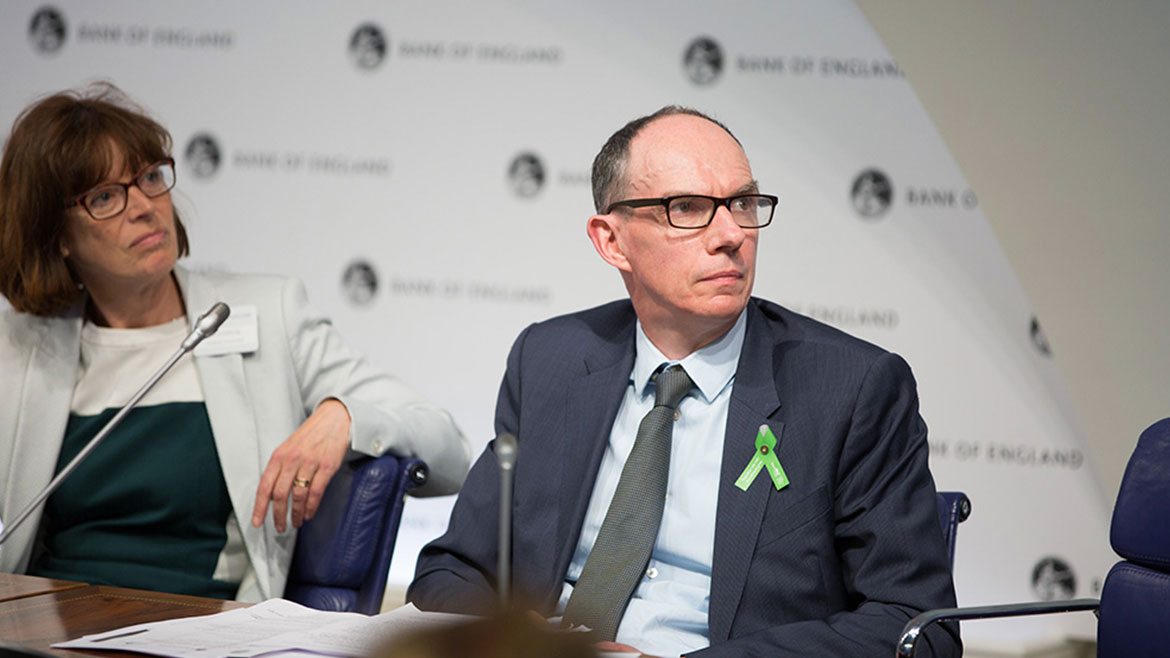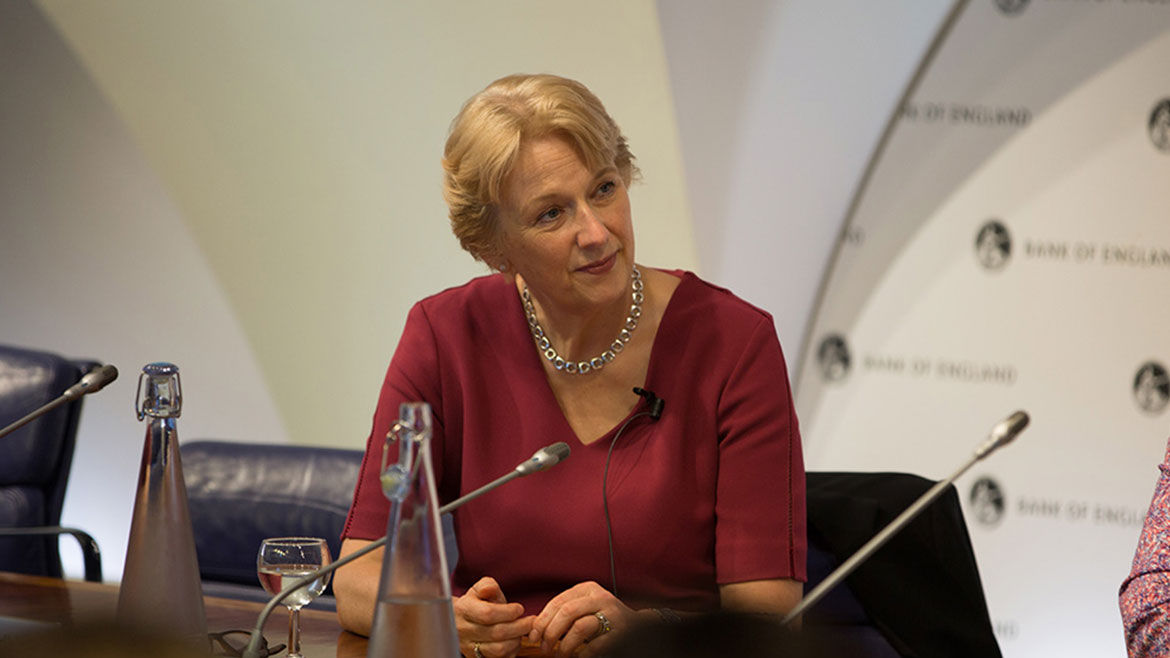Overview
On 14 May 2018 the Bank of England hosted a conference with the ECB and Federal Reserve on Gender and Career Progression. There were 142 attendees from a range of organisations. It was the first conference to be held by the central banks on this topic and primarily focused on gender diversity in Economics and related professions. But many of the key themes will be seen in other professions/industries. The papers and discussions explored the evidence base for gender discrimination, the benefits of increased diversity, the role of culture and the approaches that can be used to improve gender diversity.





















